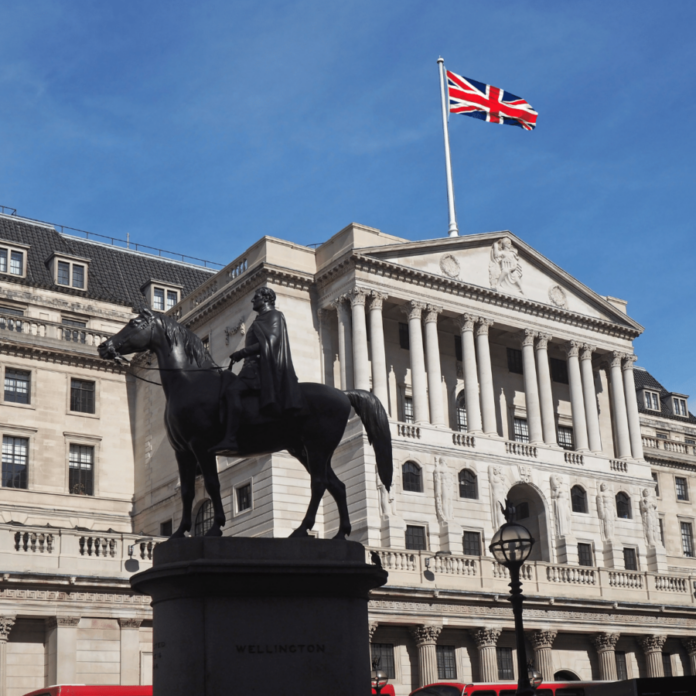The Bank of England held interest rates at 5.0% on Thursday and voted to run down its stock of British government bonds by another 100 billion pounds over the coming 12 months, weighing on the government’s finances.
The Monetary Policy Committee voted 8-1 to keep rates on hold, with only external member Swati Dhingra voting for a further quarter-point rate cut after the BoE last month delivered its first reduction to borrowing costs since 2020.
Economists polled by Reuters had forecast a 7-2 vote to keep rates on hold after last month’s narrow 5-4 decision to cut rates from their previous 16-year high.
On Wednesday, the US Federal Reserve cut interest rates by 0.5 percentage points – a larger-than-expected move that reflected the Fed’s confidence that inflation pressures were cooling.
The BoE struck a more cautious tone on Thursday. Governor Andrew Bailey said cooling inflation pressure meant the BoE should be able to cut interest rates gradually over the months ahead.
“But it’s vital that inflation stays low, so we need to be careful not to cut too fast or by too much,” he said in a statement.
Investors think the British central bank will cut interest rates at a slower rate than the Fed over the next year, citing more persistent inflation pressure.
The BoE said annual consumer price inflation was likely to rise to around 2.5% by the year’s end from 2.2% in the most recent data, compared with a previous forecast of around 2.75%. Lower oil prices contributed to the reduced inflation forecast.
Investors before Thursday’s decision had priced around five quarter-point reductions in Bank Rates by June 2025 – similar to the outlook for the European Central Bank, although the ECB has already reduced rates twice this year.
By contrast, they see around seven such cuts in the US, even after its outsized move on Wednesday.
Keenly anticipated by the bond market, the MPC voted 9-0 to maintain the pace of its quantitative tightening program in the 12 months starting in October 2024.




